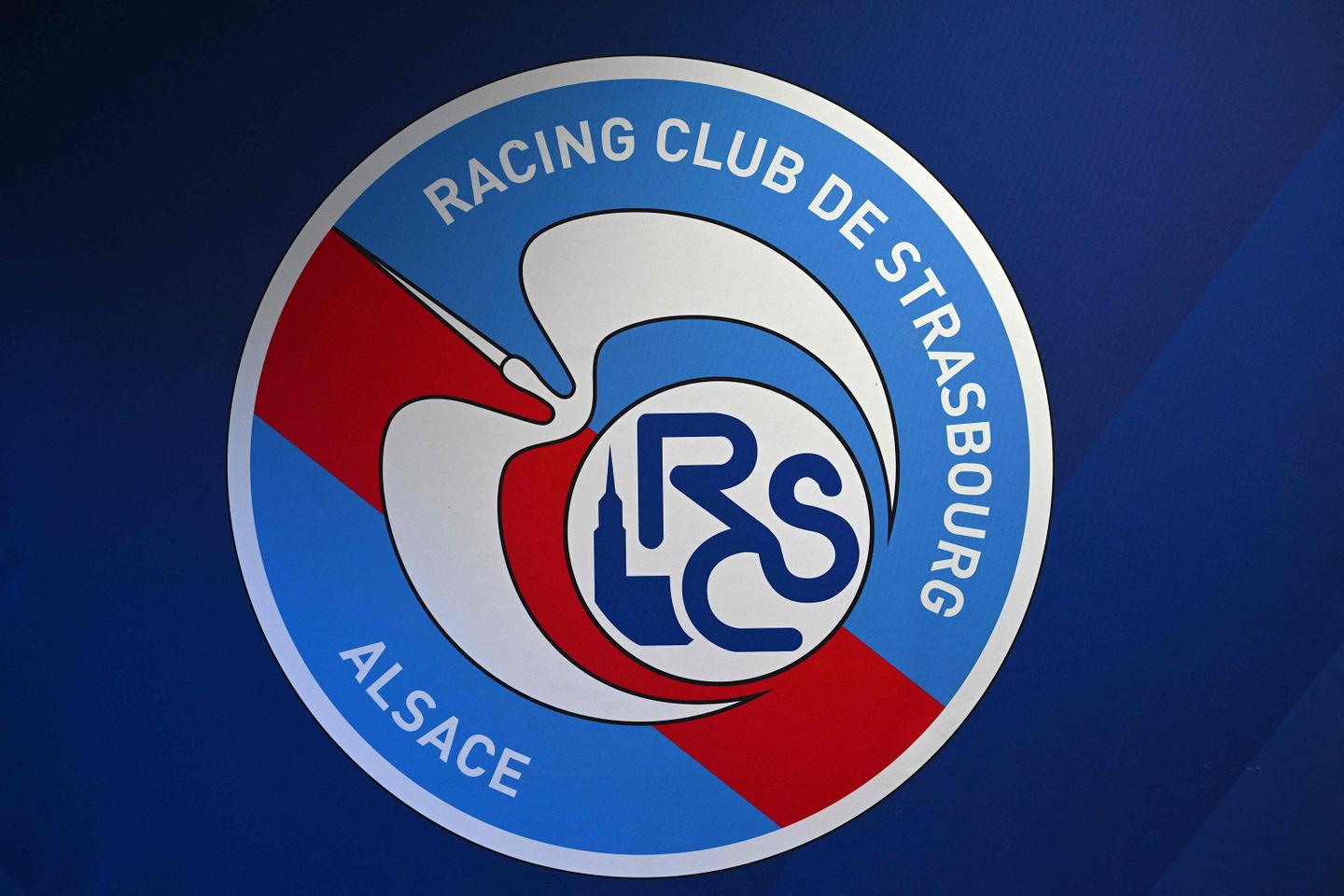Will Toulouse FC be able to play in the Europa League for which it qualified by winning the Coupe de France? Monday, June 26, the financial control chamber of UEFA must decide: the confederation prohibits, in fact, clubs with the same owner from competing in the same European Cup. However, the TFC belongs to the RedBird Capital Partners group, like AC Milan, engaged in the Champions League and therefore likely to be transferred to the Europa League at the end of the group stage. The recent recomposition of the boards of directors of the two clubs could not be misleading, any more than a project of “split” of the shareholder holding company.
Two other cases are examined, those of Aston Villa-Vitoria Guimaraes and Brighton-Union Saint-Gilloise, a sign of the growing problems posed by the timeshare of clubs, or multi-clubs ownership (MCO). Because it is a wave that has been added to another wave, marking a new stage in the financialization of European professional football: the series of takeovers of clubs by investment funds in recent years has in fact accompanied by the development of club consortia.
Cartellisation
Thus RC Strasbourg has just fallen into the hands of the BlueCo group, owner of Chelsea FC. In total, about twenty French teams belong to such holdings, including eight in Ligue 1. The International Center for Sports Economics counts 254 under this regime in the world, two thirds of which (174) in Europe.
Read also: Football: RC Strasbourg bought by the American consortium BlueCo, already owner of Chelsea
This cartelization stems from the desire to limit the financial risks due to sporting hazards, and from the search for economic and sporting “synergies”. The interest is to pool costs, optimize detection networks, training and development of players. Even to circumvent the financial rules, to avoid prohibitions of recruitment and to carry out advantageous transfers.
As the wealthiest clubs have pursued their policy of concentrating talent, their overstaffing can advantageously be lightened by loans from subsidiary clubs, which will allow this pool of players to progress with a view to their future return to the parent company or of their transfer with profit.
Manifestation of the transformation of footballers into financial assets and consequence of the formation of an oligarchy of extremely wealthy clubs, timeshare is a pyramid scheme, serving the team at its summit. “Creating a “talent production chain” satisfies a certain economic logic for the trading player “summarize the economists Luc Arrondel and Richard Duhautois in The Money of Football: Europe (vol. 1, Editions Rue d’Ulm-Cepremap, 2022).
You have 42.05% of this article left to read. The following is for subscribers only.
